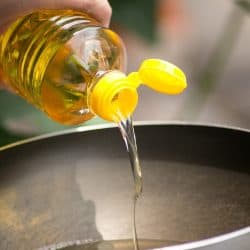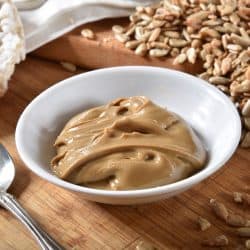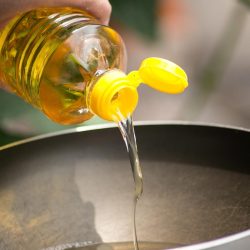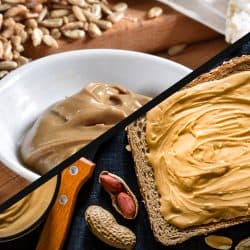Can you substitute sunflower oil in place of vegetable oil? Frequently, this question is asked by health-conscious consumers and pondered by busy people in the middle of cooking dinner, realizing they have run out of their trusty vegetable oil. Mastering the art of easy substitutions does save time by avoiding a harried last-minute trip to the grocery store and couldn't be more valuable than during uncertain times. So, we've researched the best use for sunflower oil and whether to use it as an oil substitute in your kitchen.
Yes, using sunflower in place of vegetable oil is a viable option! The majority of vegetable oils contain medium to high percentages of sunflower oil with other oils--canola, corn, and grapeseed, etc. The simple buttery and nutty taste of sunflower oil are why it is a staple in many vegetable oils. Also, it is a safe choice for many recipe substitutions. The sheer consistency of the oil makes it easy to blend, fry, mix, saute, and whisk with various recipes ranging from sauteing meats or baking a simple, yet delicious Angel food cake.
Please continue reading to learn more about this versatile oil. Via detailed information, substitution ratios, and a few tidbits regarding the positive health benefits of cooking with sunflower oil. Our research on this topic provides solid information that will surely answer your questions and provide guidance for using sunflower oil in place of vegetable oil.
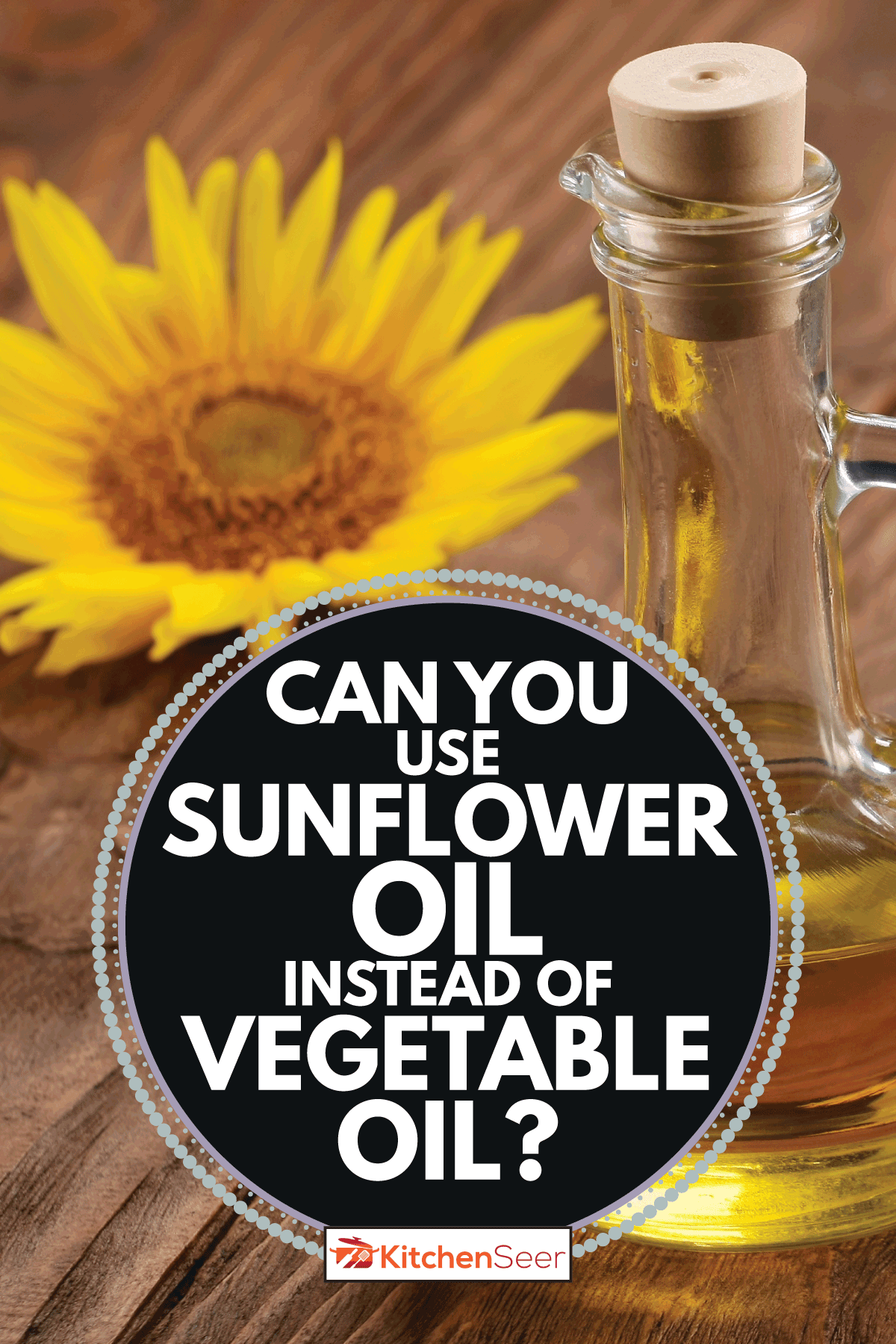
Does sunflower oil have a taste?
Sunflower oil does not have a spicy taste, nor does it add its light flavoring to the other foods. Moreover, it has a very slight nutty flavor. Some may concur; the flavor mimics a very light walnut or unsalted raw sunflower seed with a smooth buttery finish. The consistency is very light, which makes this particular oil an ideal choice for salad dressings or any recipe that the cook desires the other ingredients to stand out without the presence of an oily flavor. Typically, pure sunflower oil does not have much of a color to accompany its light flavoring. Generally, the color is a translucent pale yellow.
Is sunflower oil healthy?
Sunflower oil is considered a healthful oil and is on the list of heart-healthy oils by the American Heart Association. The sunflower seeds are high in vitamin E oil, a fat-soluble nutrient that protects the cells from aging and free-radical damages. The high levels of vitamin E contribute to the health of your skin, adding that healthy glow. Many natural beauty products add sunflower oil for its antioxidant properties and radiance-inducing benefits from the high percentages of vitamin E.
The sunflower seeds do not contain carbs, cholesterol, protein, or sodium. For those on sodium-reduced or restricted diets, this is a solid dietary choice. Due to the lack of carbs, sunflower oil is conducive to keto diets. Sunflowers are gluten-free, and this oil is safe for gluten-free diets.
Sunflower oil is lower in saturated fats and higher in polyunsaturated and monounsaturated fatty acids. The polyunsaturated fats are omega-3, omega-6, and omega-9 help lower cholesterol and triglyceride. Monounsaturated fatty acids help lower the risk of heart disease. Polyunsaturated fat Omega-9, also known as oleic acid, helps lower inflammation in the body and remove plaque from arteries and valves.
The antioxidants increase the body's natural defense system--the immune system. The medley of antioxidants and omegas strengthen the cells membranes that help protect your body from diseases and germs.
How long does sunflower oil last?
Cooks should store unopened sunflower oil in a dark, cool environment--a cabinet or pantry are considered proper storage spaces. Unopened and adequately stored oil will last two years. Each bottle should have an expiration date on the bottom of the bottle or near the neck. Always check your bottle when purchasing to ensure that you are buying the freshest product possible that will have a quality shelf life in your kitchen.
Opened sunflower oil lasts one to two years, depending on the brand and extraction processes. Consumers are advised to store opened sunflower oil in the refrigerator immediately after opening and until the bottle is completely used. If your sunflower oil starts to have a soapy taste or rancid flavor, discard it immediately! Using expired oils is unhealthy and should be avoided. Cooking with expired oils will change the flavor of your food, affect the smoke point, and could cause nausea.
Should cooking oil be kept in the fridge?
Professional chefs highly recommend storing opened sunflower oil in the refrigerator. The vast majority of cooking oils are successfully stored in the fridge. However, sunflower oil should always be refrigerated due to its lower levels of saturated fats; it will become rancid quicker if allowed to set on the counter for extended periods of time.
The refrigerated sunflower oil does have a cloudy appearance and a thicker consistency when it is chilled. It looks a bit alarming when thoroughly refrigerated. Nonetheless, it is safe for usage. Take the oil out of the refrigerator 30 to 40 minutes before use, and it will return to its normal color and consistency.
Is sunflower oil good for baking?
Sunflower oil is an excellent choice for baking, especially if you or your loved ones have allergies to dairy or canola oils. Sunflower oil serves as an excellent substitution that evenly bakes and doesn't leave a greasy residue on your bakery or pans. The oil's lightness is great for bread, cakes, cookies, muffins, and pancakes recipes when a lighter consistency is desired. The measurement substitution ratios are one cup vegetable to one cup sunflower oil.
Generally, the flavors of the chocolates, dried fruits, or other similar culinary building blocks have a more pronounced flavor than when baked with traditional butter or blended baking oils.
Another helpful tip: Sunflower oil is great for oiling the inside of baking pans and cookie sheets, the sheerness of the oil requires less than other oils or kinds of butter for the task. Click here to learn more about the application of oiling pans, accompanied by interesting facts about several products and culinary tips and tricks.
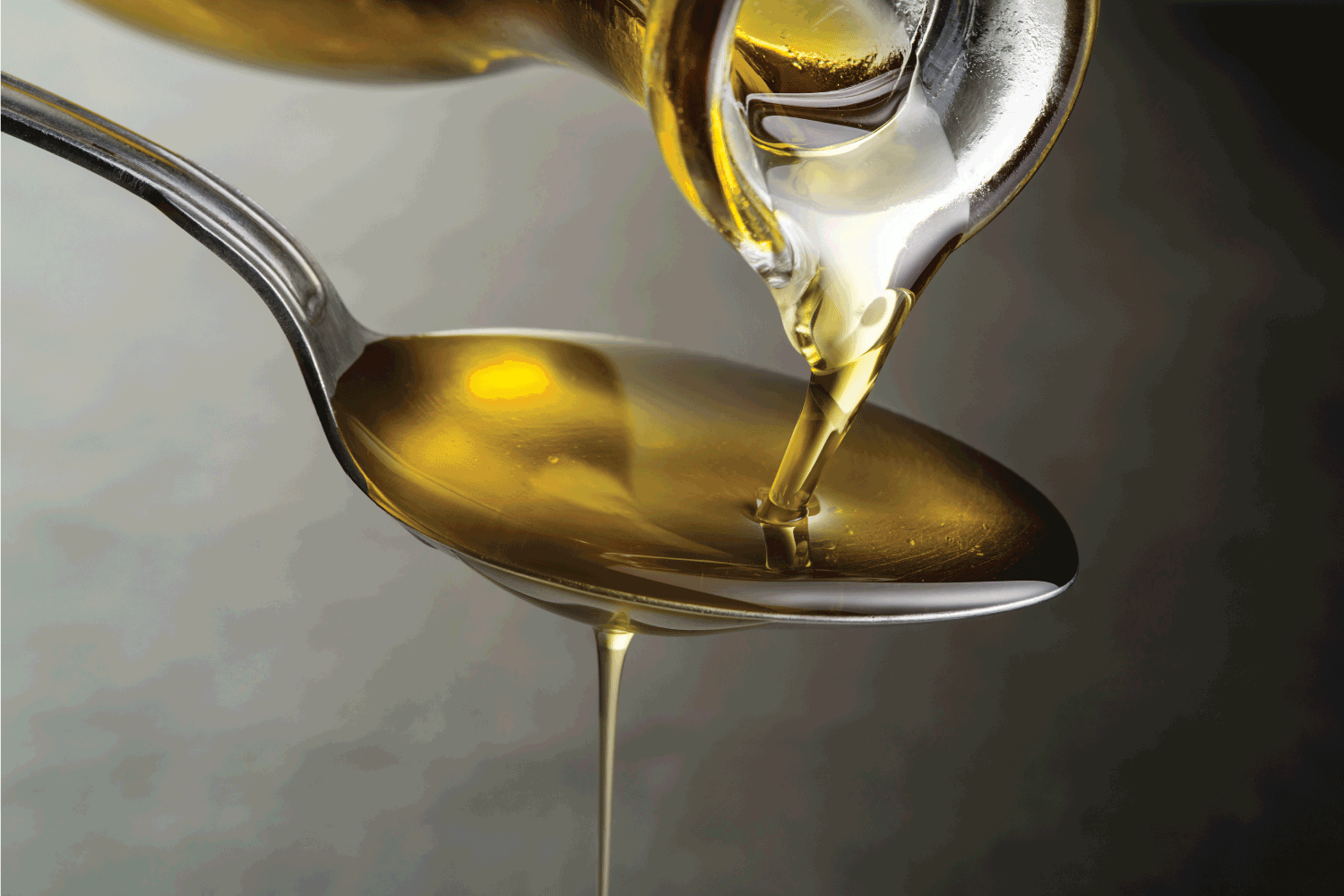
Can you use sunflower oil instead of vegetable oil for frying?
Yes, sunflower oil is brilliant for frying. The smoking point is high, averaging between 400 and 450 degrees, and it is better for frying than vegetable oils that have high levels of saturated fats. The low percentages of saturated fats are another positive aspect of pan-frying or deep frying with sunflower oil. Click here to read a helpful article that compares several different oils and examines the ideal temperatures for each oil and its unique smoke point.
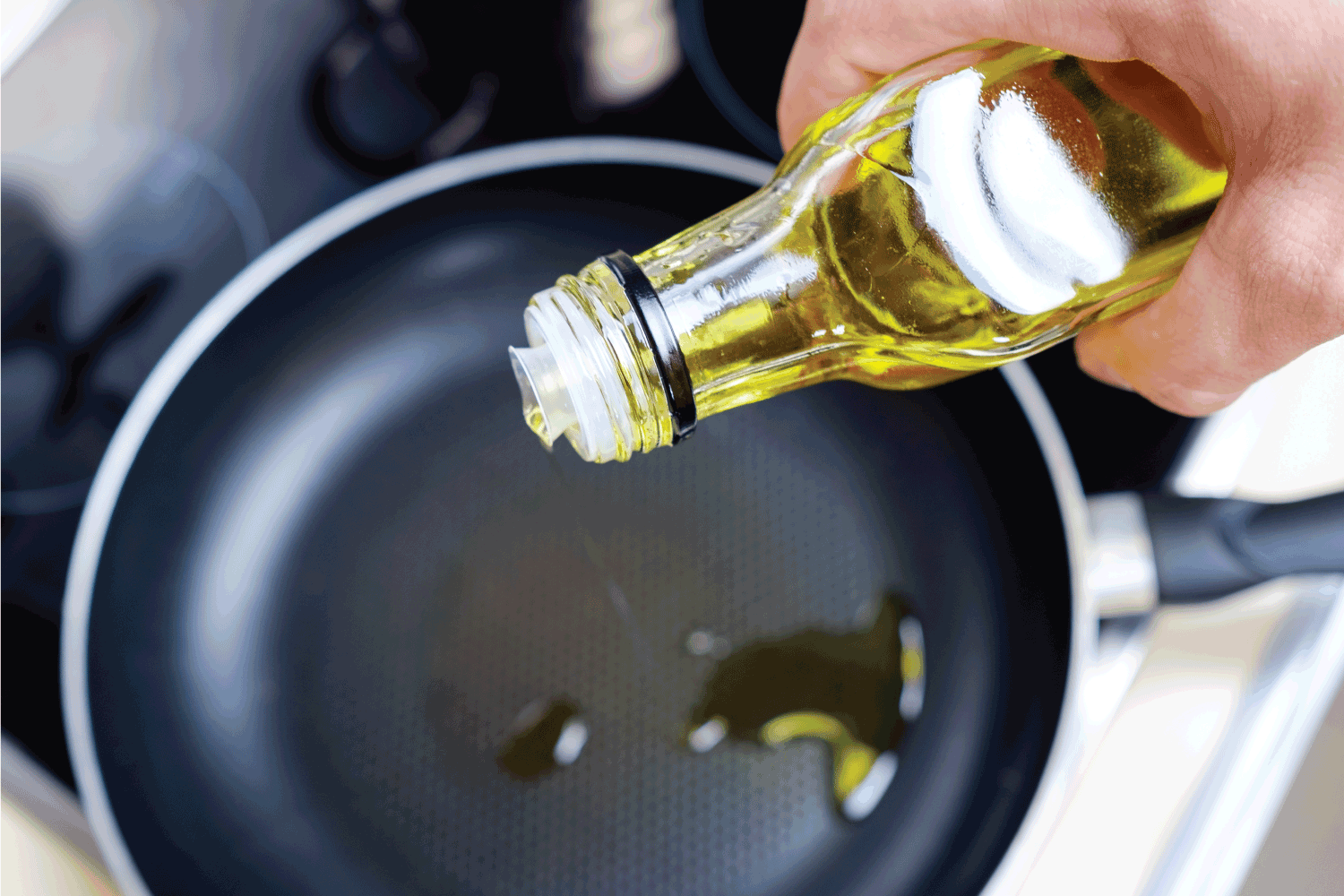
Additional thoughts
Baking and cooking with sunflower oil have many heart-healthy benefits, and the possibilities for a creative cook are endless. Sunflower oil does provide many opportunities for substituting vegetable oils and adding heart-healthy oils to your and your family's diet. With any new ingredients, adjustments and a learning curve are usually a part of the culinary adventures.
Enjoy your baking adventures, and be sure to visit KitchenSeer.com soon!


